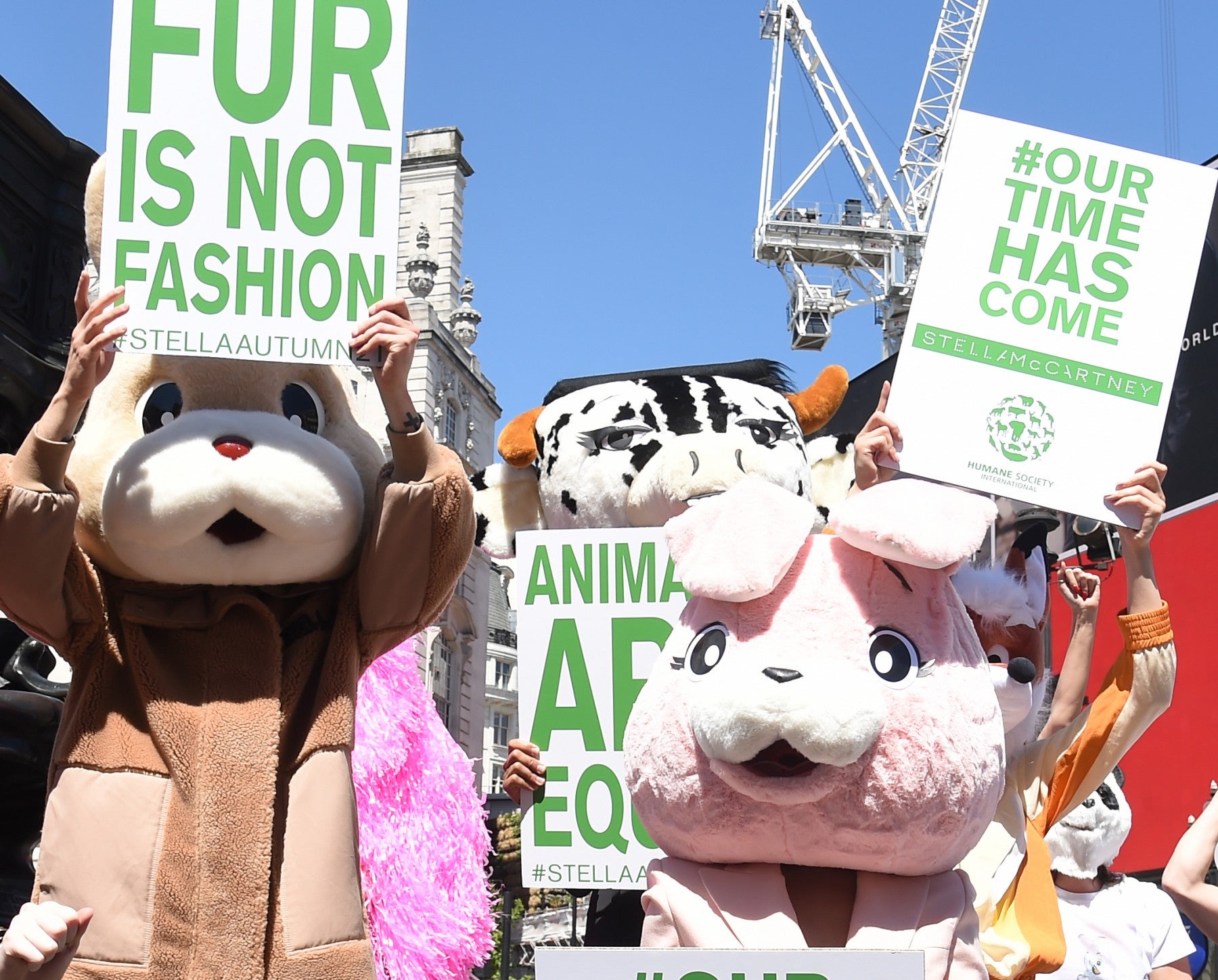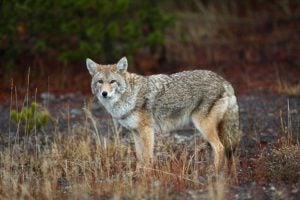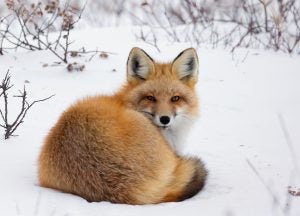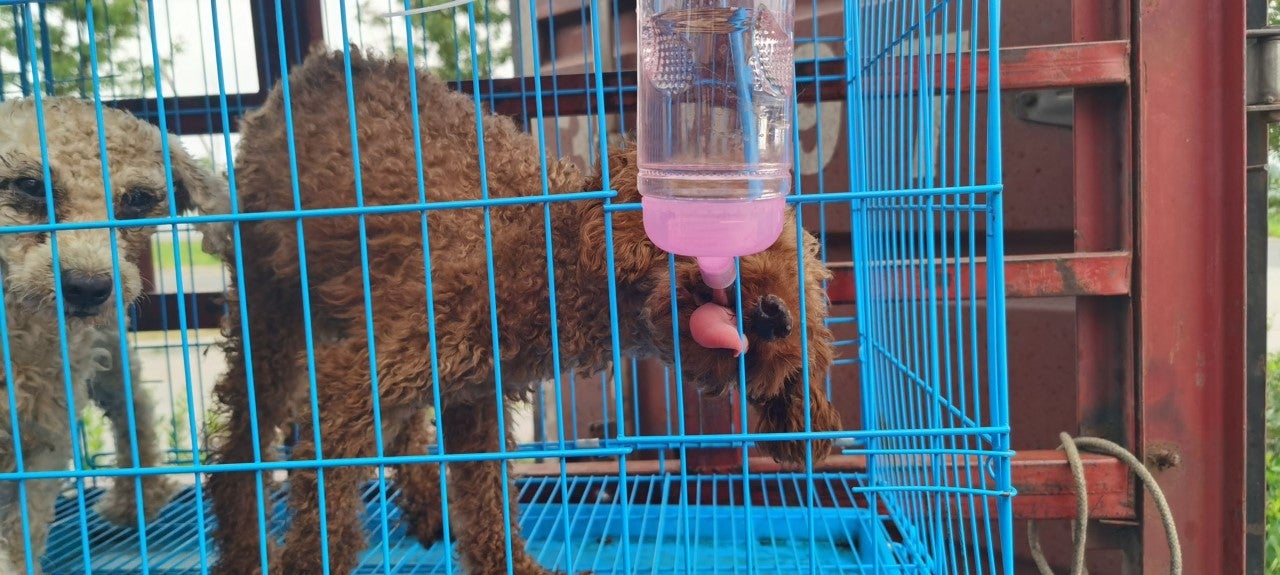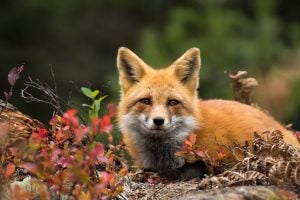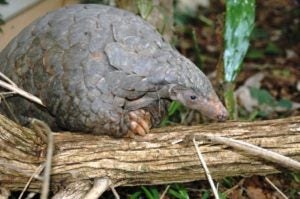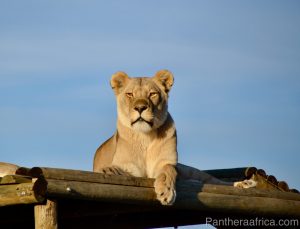
BRUSSELS—A new report published in the week marking the six- year anniversary of the killing of Cecil the lion in Zimbabwe by an American trophy hunter reveals that the European Union is the world’s second biggest hunting trophy importer after the United States. EU Trophy Hunting by the Numbers,issued by Humane Society International/Europe shows that EU countries imported nearly 15,000 hunting trophies of 73 internationally protected species between 2014 and 2018, an average of almost 3,000 trophies every year, including African lions, African elephants and critically endangered black rhinos. Zebras, cheetahs, Asia’s near threatened Argali sheep, and polar bears classified as vulnerable to extinction were also imported. Germany, Spain and Denmark accounted for 52% of all imported trophies. In the five-year period analysed, the EU imported trophies taken from 889 African lions, 229 of whom were wild lions just like Cecil.
Although media reports tend to focus on high profile U.S. trophy hunting incidents such as the killing of Cecil by dentist Walter Palmer or the dead giraffe selfie by Rebecca Francis, HSI’s report shows that the role of EU hunters in this deadly pastime is often overlooked. Europeans regularly travel to foreign countries to kill iconic species and bring home body parts for display.\
HSI’s comprehensive analysis of trade data from the Convention on International Trade in Endangered Species of Wild Fauna and Flora (CITES) shows that an average of 2,982 trophies are imported into the EU every year, or more than eight trophies every day. Trophy import numbers have been steadily increasing by almost 40% between 2014 and 2018 despite the fact that opinion polls show the vast majority of EU citizens (over 80%) oppose trophy hunting and want to end trophy imports.
EU trophy import statistics for individual animals (2014-2018), include:
- 3,119 Hartmann’s mountain zebra.
- 1,751 Chacma baboon.
- 1,415 American black bear.
- 1,056 brown bear.
- 952 African elephant.
- 889 African lion (of which 660 were captive-bred lions in South Africa).
- 839 African leopard.
- 794 hippopotamus.
- 480 caracal.
- 415 red lechwe.
- 297 cheetah—the EU is the largest importer of cheetah trophies in the world.
- 65 polar bears.
- Six trophies of critically endangered black rhinos.
Germany, Spain, Denmark, Austria, Sweden, France, Poland, Hungary, the Czech Republic and Slovakia are the top trophy importing EU Member States, with Namibia, South Africa, Canada, Russia, Argentina, Kyrgyzstan and the U.S. represent the top exporting countries to the EU. Spain, Poland, Hungary, Germany and the Czech Republic are the top importers of captive lion trophies.
Dr. Jo Swabe, senior director of public affairs, Humane Society International/Europe says: “EU trophy hunters kill for kicks many thousands of wild animals, including endangered or threatened species. In addition to the cruelty, as the world faces a biodiversity crisis, it is irresponsible to allow rich elites to shoot imperiled species for pure pleasure. Being able to have these gruesome body parts shot, stuffed, packed and shipped home for display is a major motivation for these hunters, so if more EU countries were to ban trophy imports, it would effectively help stop the killing.”
Trophy hunting has little to do with conservation or supporting local communities. Hunters pay huge sums of money to kill the strongest and most impressive animals for gratification, display and bragging rights. They enter their achievements into record books kept by trophy hunting membership organizations such as Safari Club International which ascribes competition points for killing the largest animals. Studies show that typically only 3% of money from trophy hunting ever reaches local communities. Wildlife-watching eco-tourism generates far more income and jobs to support conservation and local jobs.
Dr. Swabe from HSI/Europe says: “Killing the largest or strongest animals, who play an important ecological role in genetic diversity and resilience, jeopardises species conservation, disrupts social herd structures and weakens gene pools of wild animal populations already facing a myriad of threats. The conservation argument is a sham employed by people who know it is unsavoury to admit they simply enjoy killing animals for fun and tasteless selfies. With so much at stake, and the vast majority of EU citizens opposed to the killing, it’s time for EU member states to ban trophy imports.”
A few European countries have taken limited action to curb hunting trophy imports. France banned the import of lion trophies in 2015. The Netherlands banned trophy imports of over 200 species in 2016. In February 2021 the UK Prime Minister expressed his government’s intention to end the import of trophies, and in March this year the Finnish parliament presented a motion proposing a trophy import ban. HSI/Europe believes its analysis showing the shocking extent to which EU countries enable the global trophy hunting industry, should inspire member states to introduce comprehensive bans as quickly as possible.
Media Invite:
On 30th June, HSI/Europe will hold a webinar “Trophy Hunting: Conservation tool, or a threat to wildlife?” in collaboration with MEPs for Wildlife and other NGOs. Hosted by Manuela Ripa MEP (Greens/EFA, Germany), and with guests HSI Africa elephant biologist Dr. Audrey Delsink, WildlifeDirect CEO Dr. Paula Kahumbu, environmental lawyer Lenin Tinashe Chisaira, DG Environment’s Jorge Rodriguez, and Dr. David Scallan from the European Federation for Hunting and Conservation, the webinar will ask whether trophy hunting places unsustainable pressure on endangered species or, as claimed by its exponents, makes a contribution to wildlife conservation and local people. Register to attend.
Download the Report in French, German, Spanish , Italian and Polish
ENDS
Media Contacts:
- Adeline Fischer, EU communications manager, trophy hunting: afischer@hsi.org
- Wendy Higgins, director of international media (UK based): whiggins@hsi.org
Notes:
HSI/Europe obtained data for this report from the WCMC-CITES Trade Database website (https://trade.cites.org/) on March 4, 2021. Trade data for the years 2014-2018 were analysed, filtering for mammal species (“Class” = “Mammalia”) and using Comparative Tabulations, with imports calculated based on Importer Reported Quantity and Exports calculated based on Exporter Reported Quantity. To estimate the total number of mammals traded as trophies, we analyzed the term “trophies” for purposes “personal” and “hunting trophy” for all species, as well as several species-specific terms (such as “bodies”, “skins”, “rugs”, etc.) for the purpose “hunting trophy”.
A representative opinion poll conducted in March 2021 and commissioned by HSI/Europe surveyed opinion in Spain, Italy, Denmark, Germany and Poland. Results reveal that 85% of respondents do not support trophy hunting of internationally protected species. A similar proportion (81%) also feel that people should not be allowed to import trophies of dead animals from other countries.
Since 2016, the EU has overtaken the US as the world’s largest importer of captive bred lion trophies after the US listed the African lion in its Endangered Species Act.
The EU is also an exporter of hunting trophies, including foreign species and native species strictly protected under the EU Habitats Directive. The top trophies exported from the EU were from the brown bear, Barbary sheep, African leopard, hippopotamus, Hartmann’s mountain zebra, grey wolf and African elephant. The top five EU Member States exporting mammal trophies of EU and non-EU species were Romania, France, Spain, Denmark and Croatia. During the period of analysis, the EU exported 246 brown bear trophies, nine Eurasian lynx (Lynx lynx) trophies and 35 grey wolf trophies. The top countries of origin for brown bear trophies exported from the EU were Romania, Sweden, Croatia, Germany and Slovenia while the primary countries of origin for Eurasian lynx trophies exported from the EU were Sweden, Russia and Latvia. Romania, Spain, Bulgaria, Latvia and Russia were the key countries of origin of grey wolf trophies exported from the EU.

